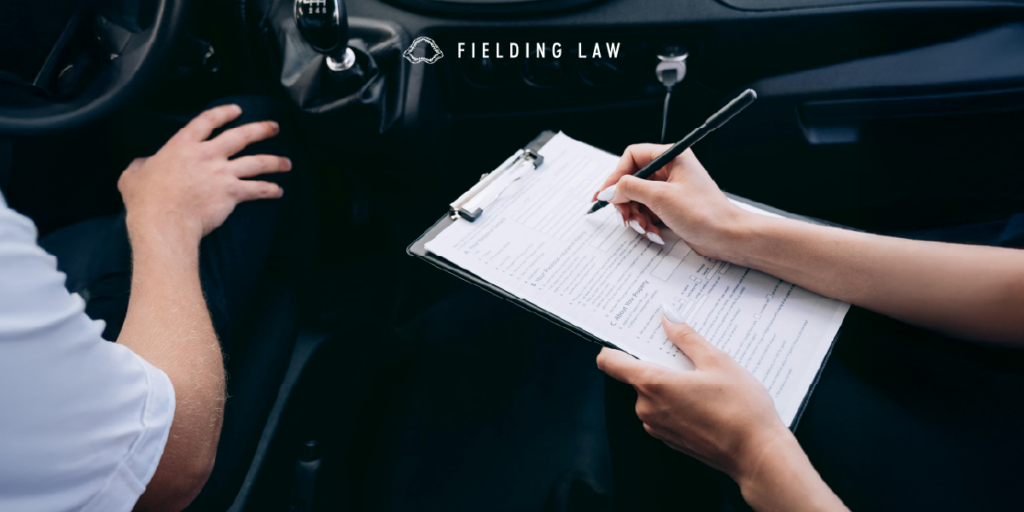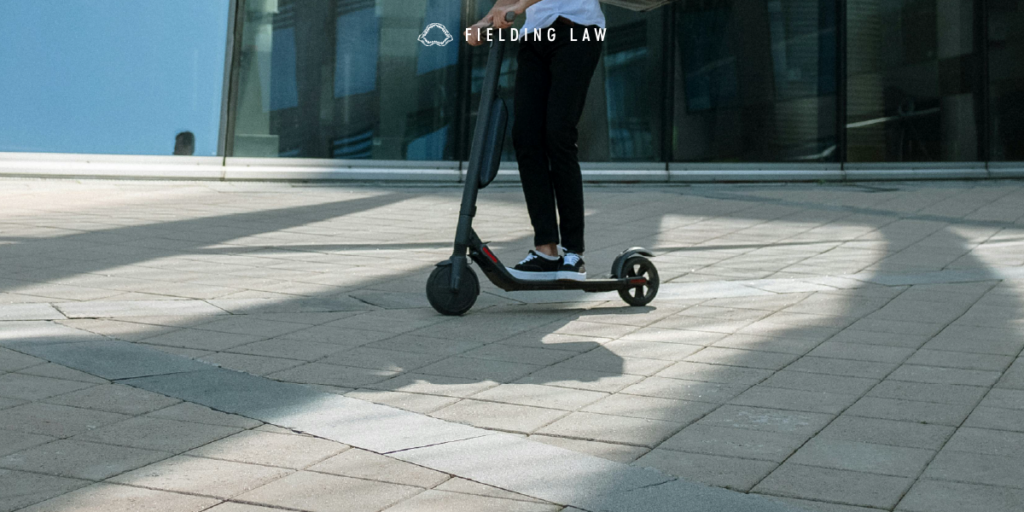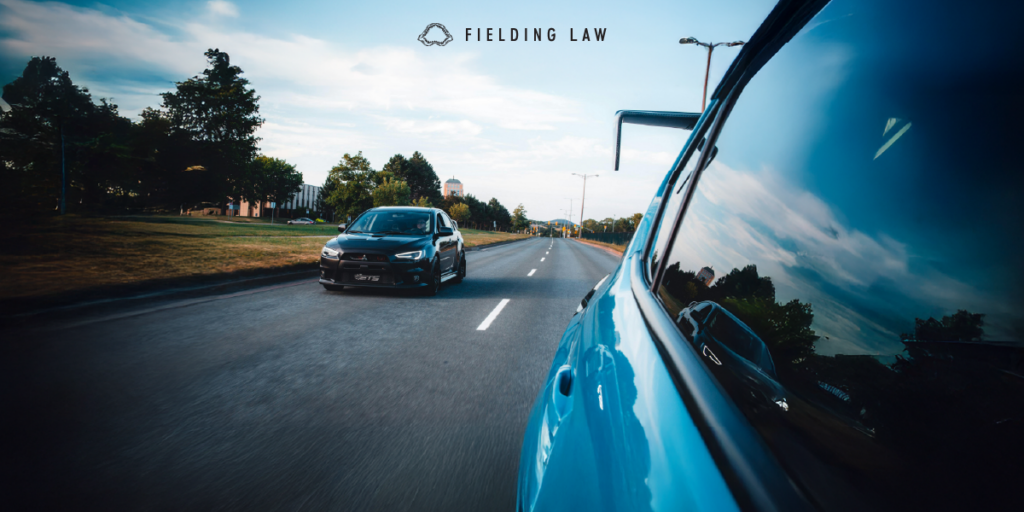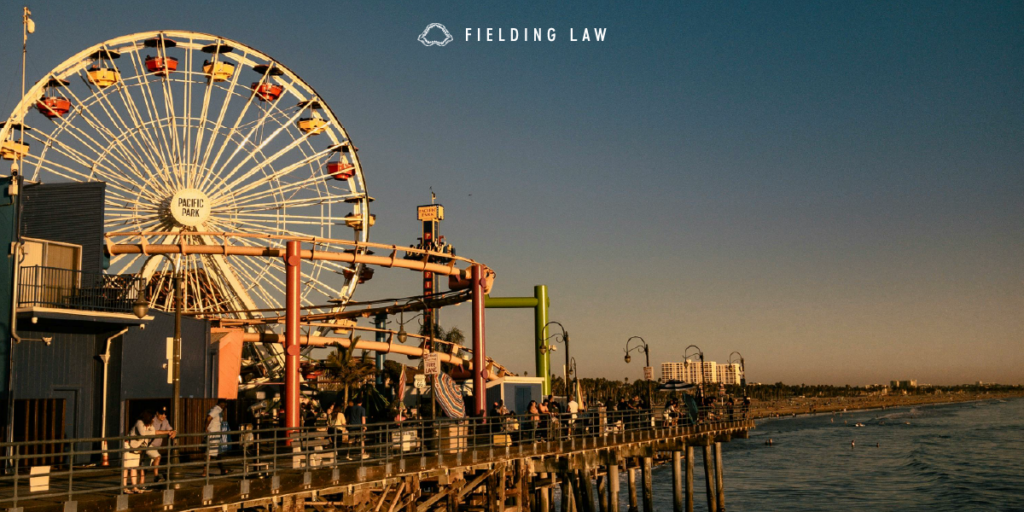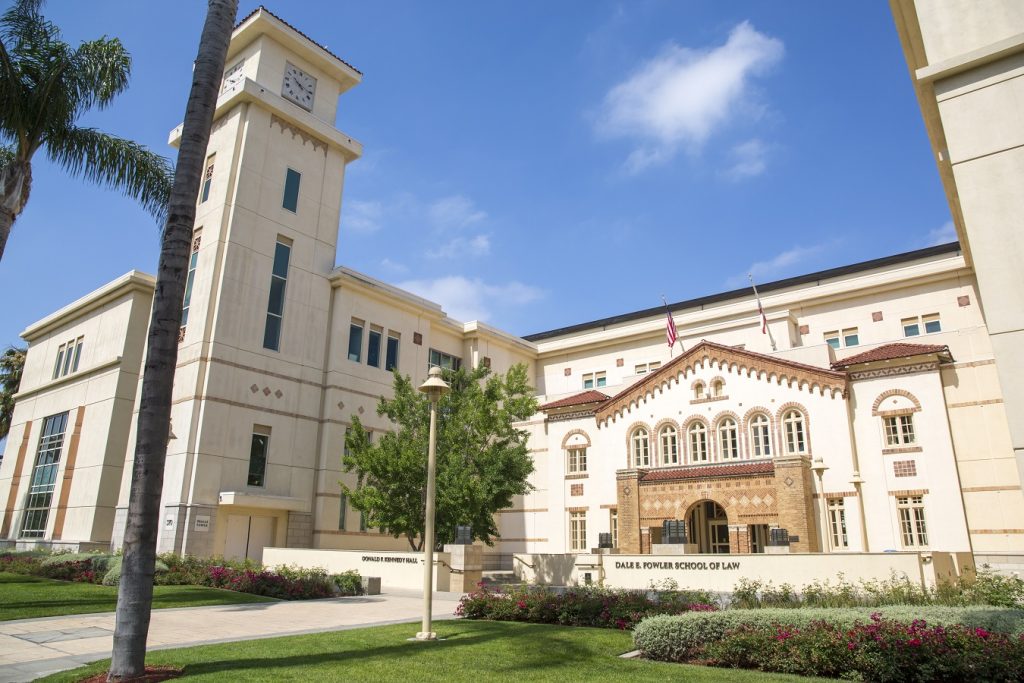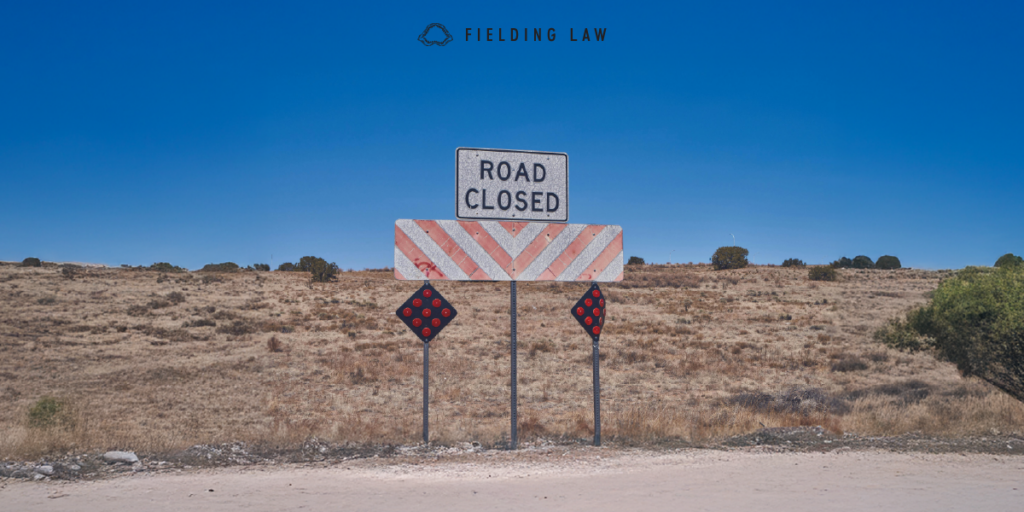
As people age, their ability to drive safely can be impacted by mild cognitive impairment (MCI) or other age-related changes. While many older adults can still drive safely, studies show that cognitive decline can increase risks on the road. According to the National Highway Traffic Safety Administration (NHTSA), drivers aged 65 and older were involved in 20% of all fatal traffic crashes in 2022. Understanding these risks is critical to keeping everyone safe.
How Cognitive Impairment Impacts Driving
Driving requires quick decision-making, focus, and coordination. Mild cognitive impairment can affect:
- Reaction Time: Slower responses to traffic signals or sudden hazards.
- Memory: Difficulty remembering routes or understanding road signs.
- Judgment: Poor decisions in high-stress situations, such as merging or navigating intersections.
Recognizing these signs early can help families address potential dangers before accidents occur.
Testing and Awareness for Elderly Drivers
Recent studies suggest that routine testing for cognitive decline could be beneficial for elderly drivers. These tests may help identify those at higher risk of causing accidents. Recommendations include:
- Regular screenings during Medicare visits.
- Discussions between families and healthcare providers about driving safety.
- Adjustments to driving habits, such as avoiding night driving or busy highways.
When an Accident Happens
Unfortunately, not all risks can be prevented. If an elderly driver causes or is involved in an accident, the consequences can be severe, including:
- Injuries to pedestrians or other drivers.
- Extensive medical bills and vehicle damage.
- Emotional trauma for all parties involved.
Why Hire Fielding Law
At Fielding Law, we understand the complexities of accidents involving elderly drivers. Our experienced team is here to help you navigate the legal process with compassion and care. We work tirelessly to secure the compensation you deserve, whether for medical bills, lost wages, or emotional suffering.
If you or a loved one has been involved in an accident caused by or involving an elderly driver, call Fielding Law at 833.88.SHARK for a free consultation. Let us handle the legal side so you can focus on recovery.
Note: Information provided is for educational purposes and does not constitute legal advice. Always consult with a qualified attorney for legal concerns.


